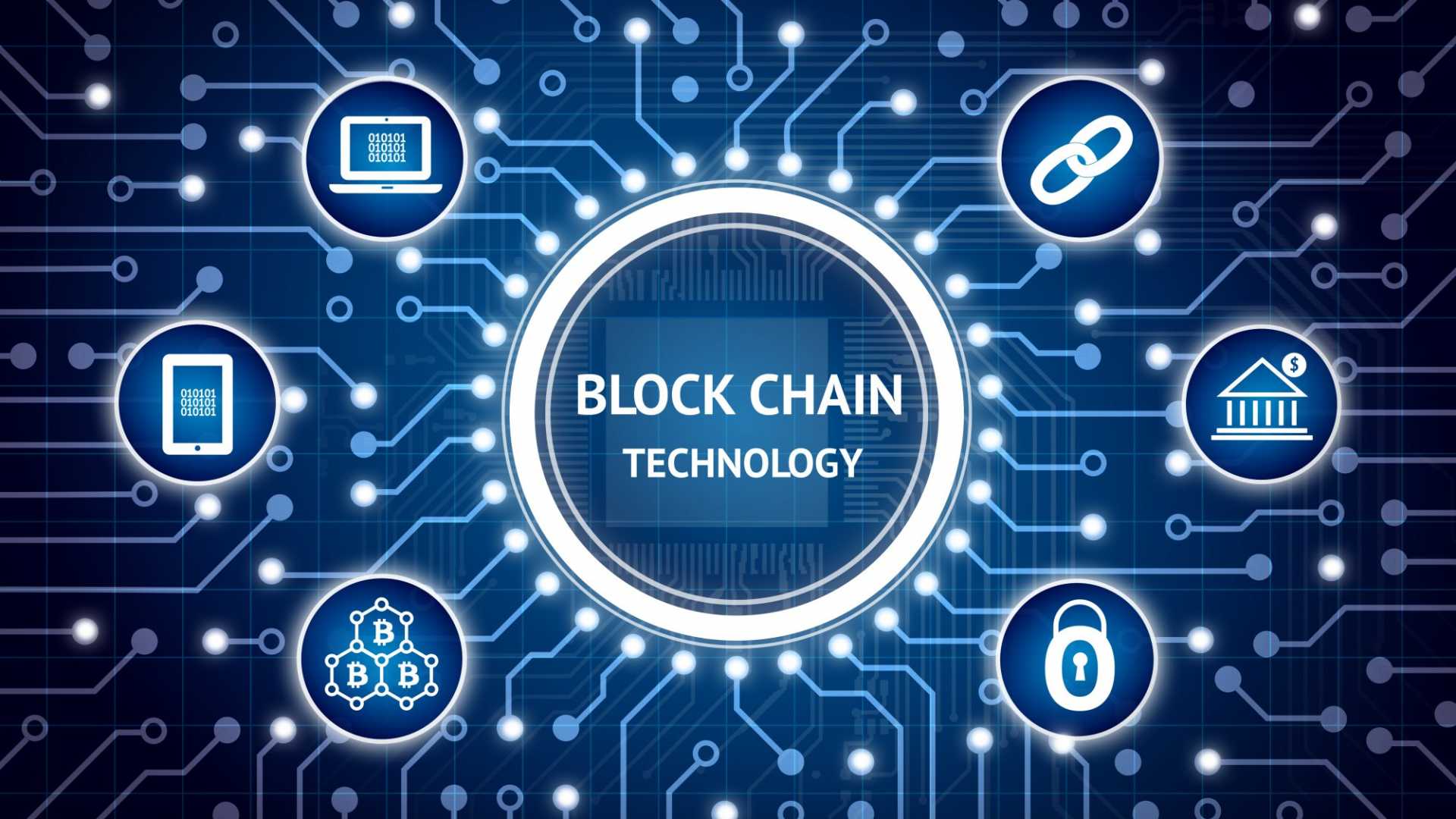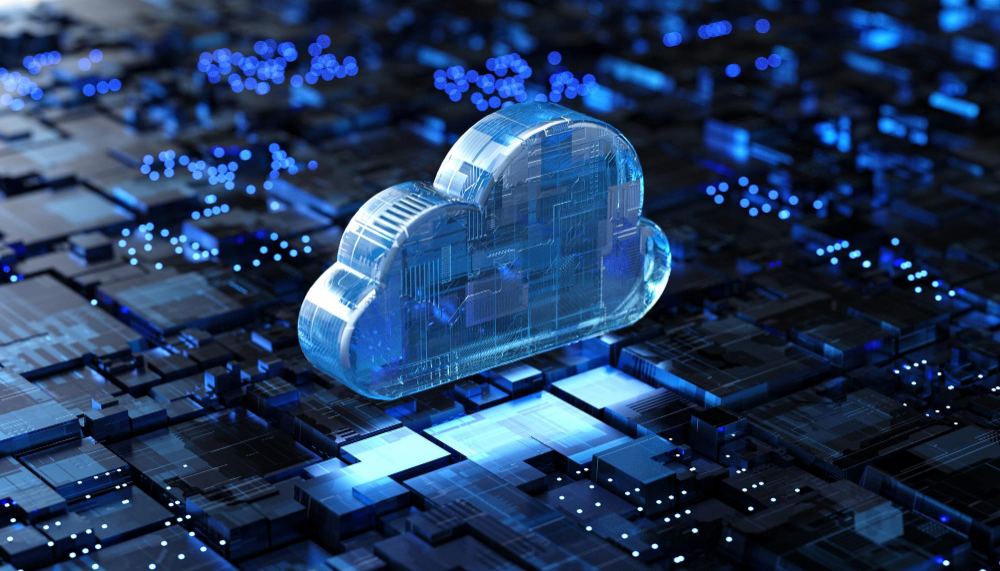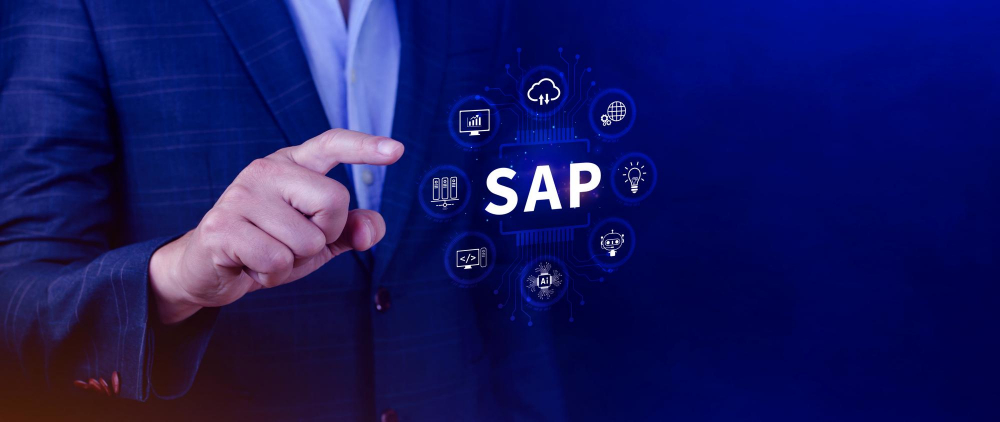- Blog
- September 20, 2021
Blockchain Technology in the Dairy industry

- Blog
- September 20, 2021
Blockchain Technology in the Dairy industry
In recent decades, the dairy sector has witnessed many controversial concerns leading to defamation. The most famous examples include, tainted milk in China or salmonella-infected milk in France, which have eroded customers’ faith in the industry. Furthermore, various ethical problems (producer remuneration, animal welfare, etc.) are being addressed, bringing the current paradigm of milk production into question.
Blockchain has been rising as a widely used technology for addressing the aforesaid challenges. It has established itself as the key answer for dairy companies wanting to increase traceability and transparency.
Top 5 key focus areas
In this blog, we have addressed the top five key focus areas within the dairy industry where blockchain technology can be introduced.

- Food and nutritional security: Blockchain technology can ensure accurate tracking of every batch in the milk supply chain. In the event of a food-borne illness, blockchain makes it extremely simple to identify the faulty link and reject all sets that have been impacted.
- Wasted Food: The granularity provided by blockchain during product recalls allows for the avoidance of bulk recalls of a whole product line, minimizing food waste and overall financial costs and the impact on brand image.
- Partnership: Because blockchain is a distributed and decentralized ledger, it serves as a “trusted third party.” It enables all food chain players (feed mills, farmers, cooperatives, manufacturers, brands, and retailers) to securely communicate information, allowing them to trace a product from start to end and assure compliance.
- Transparency: Guaranteeing a product’s journey in complete transparency is a fantastic approach to differentiate oneself from rivals. The blockchain allows consumers to learn about a product’s entire history as well as proof of quality. According to research, consumers are more inclined to buy a product that gives more specific information, and they are more likely to spend more for a product that they know fits their values.
- Reassurance: Tangible evidence of product claims and certifications (tags, audits, etc.) will also boost confidence. In this case, blockchain enables certificate verification by providing necessary data to independent certifying bodies (for evidence of origin, environmental footprint, animal welfare, and so on). Certifications become easier to obtain/maintain. As a result, it is becoming more relevant to the consumer.
Wrapping-up
The implementation of blockchain in the dairy business ensures that consumers trust the products, which increases demand for the package. This includes
- Secure processing and storage of official records and digital verification to protect intellectual property rights and patent systems.
- 100% transparency across the supply chain.
- Reduction of fraud and risks.
- Lastly, improvement in food safety.
Blockchain is the next technological revolution; integrating blockchain in the dairy business will enhance product quality and regulate safety while also creating a decentralized platform that will link farmers and customers.




